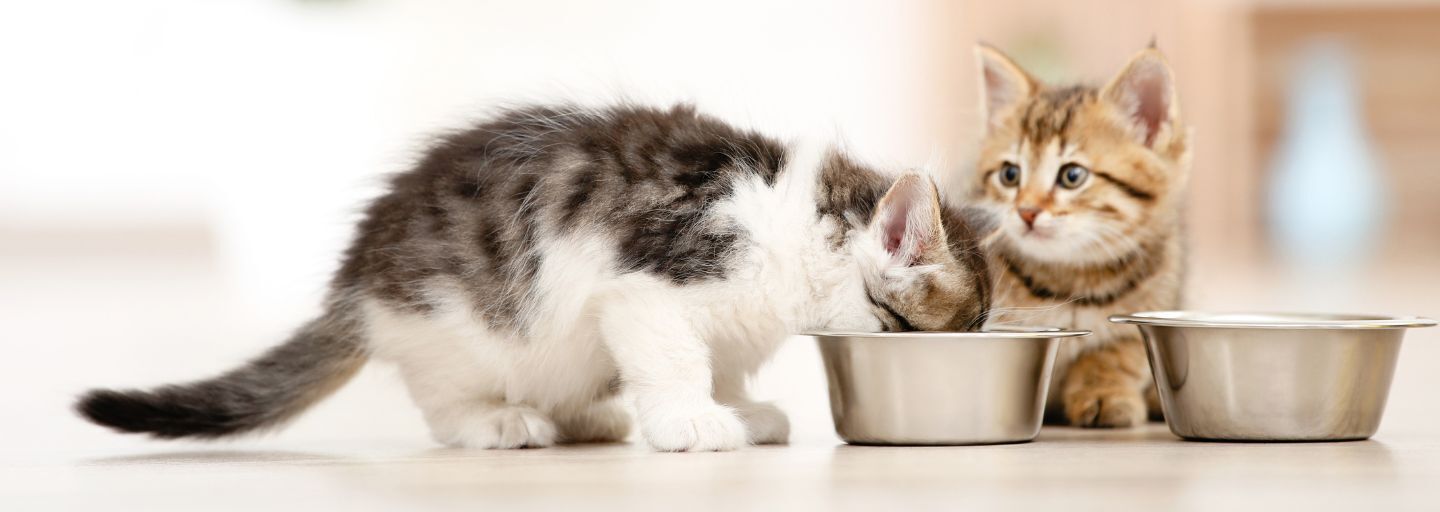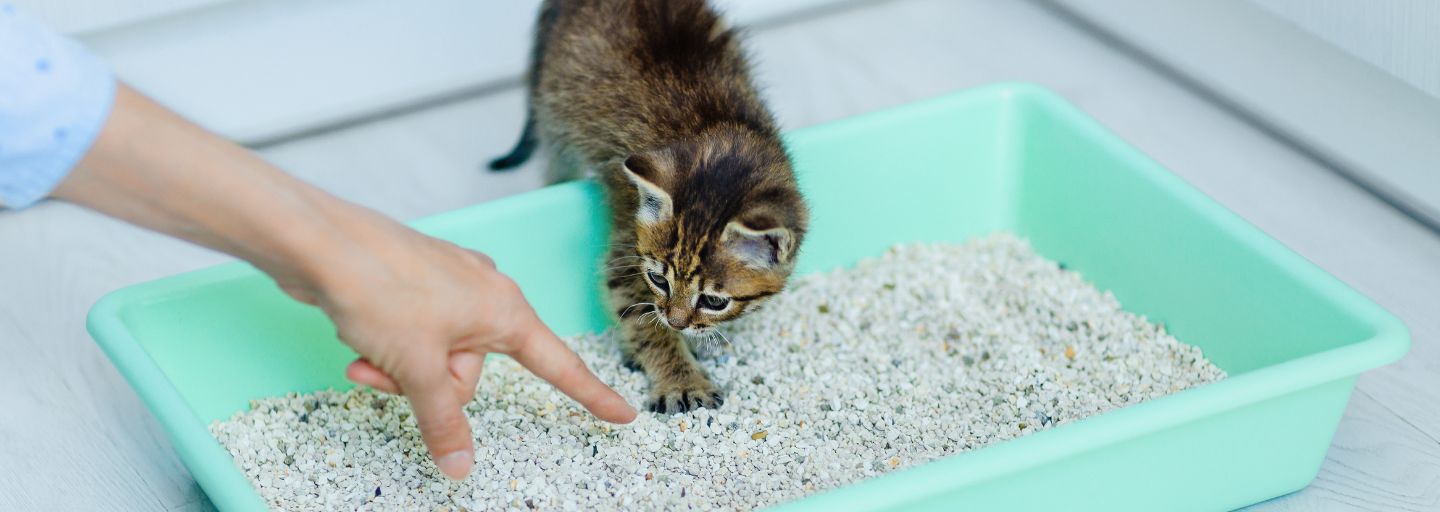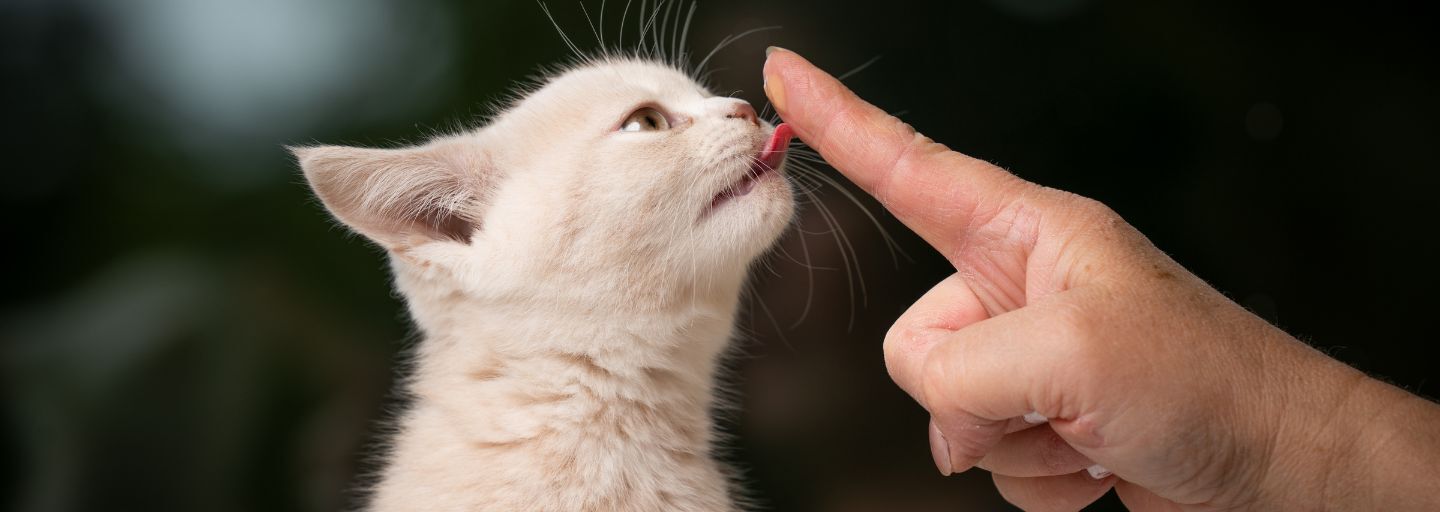Ensuring the happiness and well-being of your kitten starts with prioritizing their health. As a responsible pet owner, conducting regular at-home checks is the first line of defense in maintaining their overall health. Cats, being masters of disguise, can often conceal discomfort, making it crucial for you to be proactive in monitoring their well-being. This guide serves as a comprehensive checklist, equipping you with the necessary tools to unlock your kitten's health story and confidently address any uncertainties that may arise. However, it's important to remember that your veterinarian is the ultimate expert in solving any health puzzles that may arise.
Checking Your Kitten's Body is an essential part of their health assessment. By gently touching their sides, you can feel for their ribs without necessarily seeing them. The goal is to ensure a healthy weight with a waistline and a slight tummy tuck. If you notice any weight irregularities, it's time to investigate further.
Ears and eyes serve as important indicators of your kitten's health. Clean and clear ears, free from thick gunk or unpleasant odors, are signs of good ear health. If your kitten has light-colored ears, it's important to provide them with sunscreen protection. Bright and clear eyes are what you should be seeking, while redness, discharge, or squinting may require closer investigation. Light sensitivity can also be a clue to potential eye health issues.
The nose and mouth also provide valuable insights into your kitten's health. A soft and moist nose indicates a happy and healthy kitten, while any signs of crud or crust should be noted. Pay attention to their mouth as well, ensuring white teeth, no tartar buildup, and pale gums. If your kitten experiences trouble eating, excessive drooling, or pawing at their mouth, it's essential to uncover the underlying causes.
The condition of your kitten's skin, coat, and nails can reveal important stories about their health. While coat pigmentation may vary, be on the lookout for dandruff, fleas, patches, or sores, as these may indicate potential issues. A healthy coat should be thick, shiny, and free from hair breakage. Regular nail trims are important, especially for indoor kittens, to maintain smooth and well-groomed nails.
Monitoring your kitten's digestion and thirst is crucial. Occasional vomiting may be normal, but constant sickness or difficulties during mealtime should raise concerns. Keep an eye on their litter box habits for any clues. Additionally, if you notice a significant increase in thirst, it's important to keep track and consult with your veterinarian if the behavior persists.
Behavior clues can provide valuable insights into your kitten's well-being. If you notice your kitten shying away or hissing, they may be signaling discomfort or pain. Cats are adept at hiding their pain, so any shifts in attitude or behavior should be taken seriously and investigated further.
By taking charge of your kitten's health and familiarizing yourself with this comprehensive checklist, you become the guardian of their well-being. Spotting potential issues early on is your superpower as a pet owner. However, it's important to remember that your veterinarian is a valuable resource and should be consulted whenever you have doubts or concerns. Together, you and your veterinarian can safeguard your kitten's joy and ensure their overall health and well-being.







